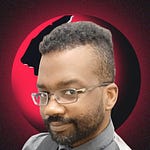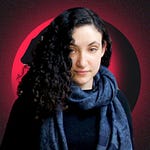“From the 1963 up until today, they can't kill our ideology. They can't kill our philosophy. They can’t kill our fight. Because we believe what we fight for. We fight for our right, freedom, dignity, and truth. So, you can come with any number, you can come with any intelligence equipment, you can come with any kind of technology, you can come. I will fight you.”
What can be justified in the name of self-defence?
Ranging across the vast territory of West Papua, 34,000 guerilla soldiers fight the 700,000 strong Indonesian military controlling their sovereign land. In February, these rebels took a New Zealand pilot hostage, threatening to kill him if the Indonesian government ignored their demands for independence. But in this exclusive interview, Jeffrey Bomanak, Chairman of the Free Papua Movement, promises Philip Mehrtens will make it home alive.
After negotiating their freedom with their Dutch colonists, West Papuans discovered the United States had used their land to bribe Indonesia into joining the capitalist economic order in 1963. The Free West Papua Movement (OPM, Organisasi Papua Merdeka) sprung up in resistance and has been fighting ever since. Jeffrey explains how their land was used as a pawn in a battle between world orders, the “genocide” of Papuans at the hands of the Indonesian government, and why organisations like the UN ignore the desperate plea of the Papuan people to maintain their colonial oversight.














Share this post